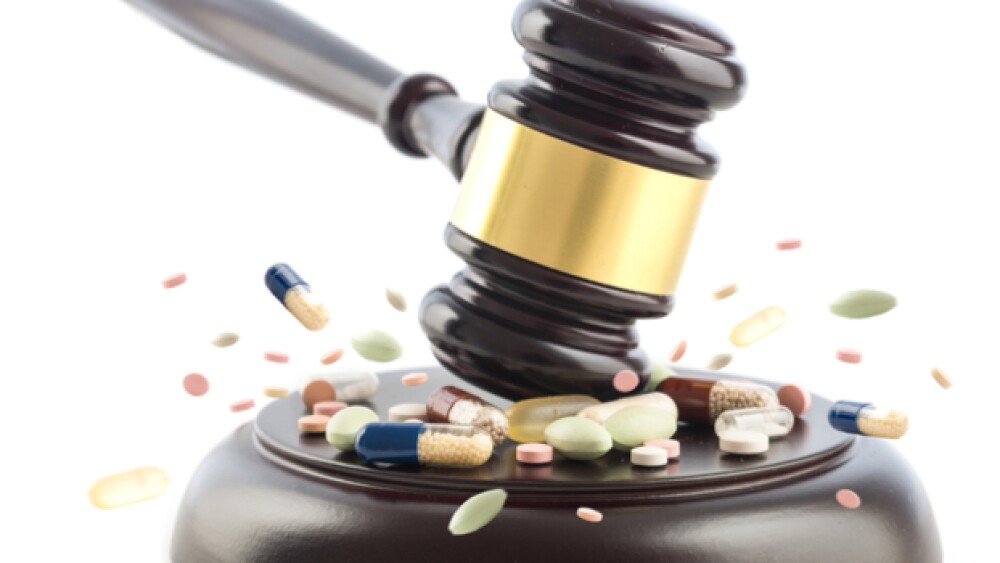The government alleged Actelion provided money to a nonprofit to cover copay costs for Medicare drugs, a violation of the False Claims Act.
Actelion Pharmaceuticals, a division of Johnson & Johnson, will pay $360 million to settle claims that it illegally used a foundation to pay copay payments for some Medicare patients who were taking the company’s pulmonary arterial hypertension drugs.
The U.S. Department of Justice said the company illegally used the foundation to cover copay costs for thousands of patients in violation of the False Claims Act. The federal anti-kickback statute prevents pharmaceutical companies from providing financial coverage of those copay payments. The government said Actelion used the non-profit foundation “as an illegal conduit to pay the copay obligations of thousands of Medicare patients” who were taking its PAH treatments, which include Tracleer, Ventavis, Veletri and Opsumit.
Over a period of months between 2014 and 2015, Actelion made donations to the nonprofit foundation, which, in turn, used those donations to pay copays of patients prescribed treatments, the government said. Actelion, the government charged, obtained data from the foundation regarding the amount of money it spent to support the copays of those patients in order to confirm that its donations to the foundation were sufficient. Additionally, the government said the foundation had warned Actelion that it could be in violation of the law. Also, the Department of Justice said Actelion had a policy of not permitting Medicare patients to participate in its free drug program even if those Medicare patients could not afford their copays for the PAH drugs. The free drug program was open to other patients, the government said. Instead, to generate revenue from Medicare and induce purchases of the PAH drugs, the government alleged that Actelion referred such Medicare patients to the foundation, which allowed the patients’ copays to be paid and resulted in claims to Medicare for the remaining cost.
In 2017, Johnson & Johnson dropped $30 billion in cash to acquire the Switzerland-based Actelion and its PAH drugs. At the time of the deal, Tracleer brought in about 50 percent of the company’s revenue. As part of the settlement, Actelion did not admit any wrongdoing.
United States Attorney Andrew E. Lelling said Actelion “effectively set up a proprietary fund” to cover the copays of its own drugs. He said that not only violates the anti-kickback statute, but also undermined the copay structure allowed by Medicare. Additionally, Lelling said that during the time covered by the settlement, “Actelion raised the price of its main PAH drug, Tracleer, by nearly 30 times the rate of overall inflation in the United States.”
Assistant Attorney General Jody Hunt of the Department of Justice’s Civil Division, said the $360 million settlement makes clear that the government will hold companies accountable for participation in illegal kickback schemes.
“Pharmaceutical companies cannot increase drug prices while engaging in conduct designed to defeat mechanisms put in place to check such prices and then expect Medicare to pay for the ballooning costs,” Hunt said in a statement.
Actelion isn’t the only company that has been accused of using charitable foundations to make money. Earlier this year, Jazz Pharma set aside $57 to settle an investigation regarding its support of 501(c)(3) organizations that provide financial assistance to Medicare patients. In December United Therapeutics disclosed that it had set aside $210 million to cover the cost of a government probe into its support of similar charitable giving programs -- support that the government called a kickback. Two years ago Celgene was accused of donating millions to charities that help patients afford high-priced drugs for cancer as part of a scheme to turn a profit of billions of dollars.





